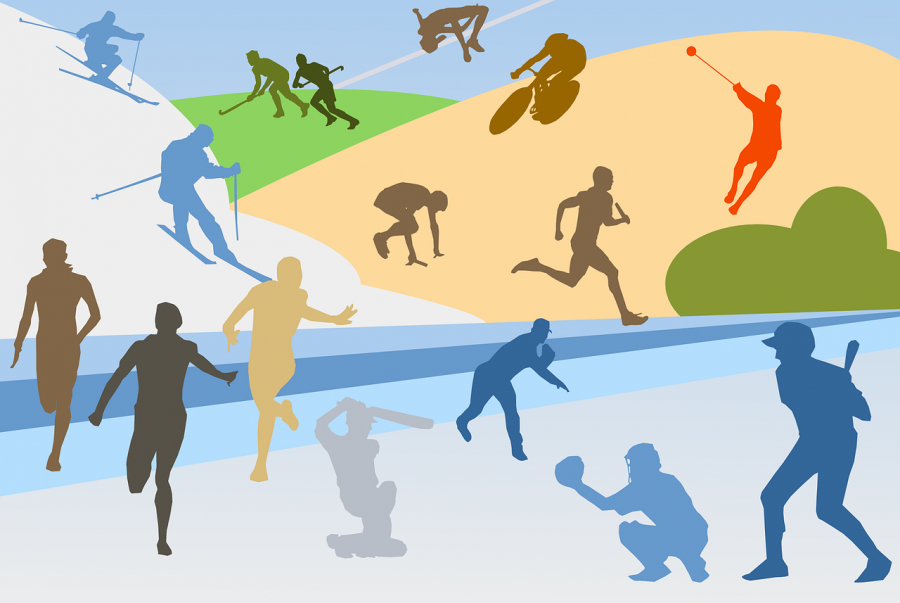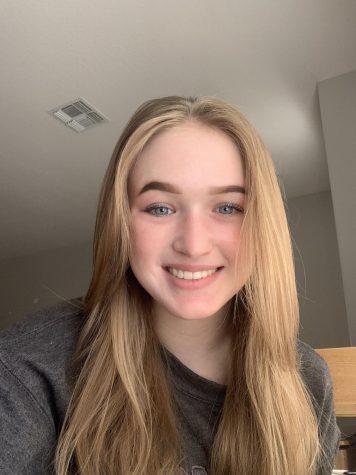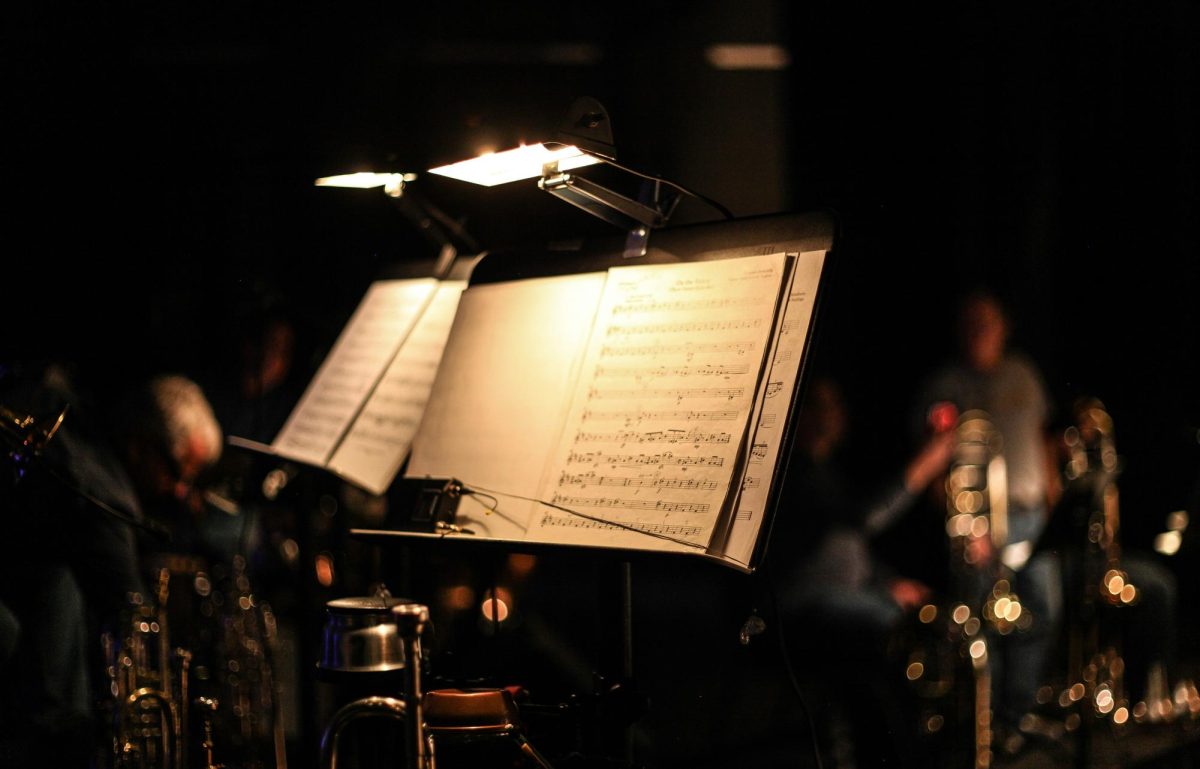Kim Rodgers on Athletics and Mental Health
August 30, 2021
In the past few years, the conversation around mental health has been brought up more and more, but there’s still a huge stigma surrounding it. The Athletic Trainer here at Ridge, Kim Rodgers, feels that mental health should be discussed more, especially concerning high school athletes.
When Simone Biles withdrew from the Olympics, seemingly everyone had an opinion on her decision. Rodgers, however, supports how the decision was up to Biles in the end.
“Professionally speaking, Simone Biles knows herself better than any one and communicated what she was experiencing to the appropriate medical staff. Together, a plan was developed to ensure her immediate and long term health and safety,” Rodgers explains.
Rodgers feels that it’s important for the conversation around mental health to continue. According to her, many professional athletes are beginning to talk “about the importance of mental health which assists in reducing stigma about the subject.”
This is the kind of mindset society as a whole needs to have concerning delicate subjects like mental health. The more open a conversation is, the higher the likelihood that people won’t be so hesitant to discuss.
By using her influence and bringing the attention of the world to mental health, Biles took a step in the direction of success, one Rodgers hopes will continue, especially here at Ridge.
In Rodger’s eyes, “success is not judged only in sports, rather preparing the student athlete for a successful life after high school, and possibly after sports. Mental health, resilience and other topics are modeled by coaches. Some include teaching mental health strategies to student athletes. As a society, continued open, honest communication regarding mental health will benefit a vast number of individuals.”
Ridge has resources for students who are struggling with mental health, including the Counseling Department and Social Emotional Learning programs. There are also online options, as well, including the National Federation of High Schools Learning Center (NFHSLearn.com) which teaches both students and coaches to recognize “signs and symptoms of mental health crises,” and the Student Mental Health and Suicide Prevention which is “a free course available to students, parents and coaches.” Additionally, there is the National Council for Behavioral Health and the Mental Health First Aid USA.
The bottom line is: no one is alone–there are always going to be people willing to help you if you need it. The staff here at Ridge, including Rodgers, are some of those people.





